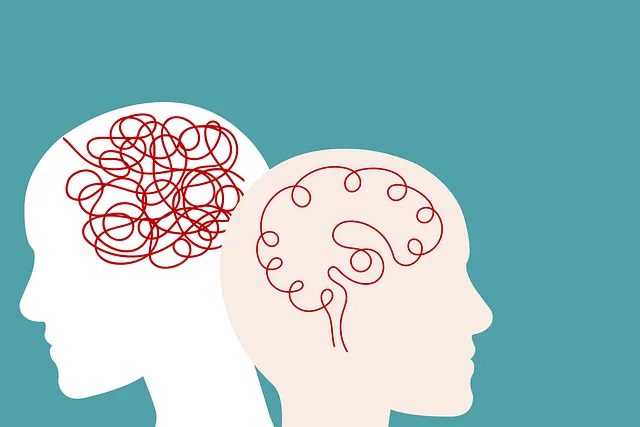Kaiser Permanente's training programs in Littleton, like Mind Over Matter Principles workshops, lead mental health advocacy efforts. These initiatives destigmatize mental illness, promote self-esteem, and foster support systems both within the organization and communities at large. By integrating burnout prevention, mindfulness, and social skills training, they empower individuals to recognize and assist others with mental health struggles, ultimately improving national mental health outcomes.
Mental health advocacy initiatives play a pivotal role in fostering understanding and support for individuals grappling with psychological well-being challenges. This article delves into the significance of these initiatives, focusing on Kaiser Permanente’s commitment through its training programs in Littleton. We explore how such programs not only promote mental health awareness but also equip communities with essential tools to offer help and navigate life’s challenges more effectively. Additionally, we provide best practices for organizing and evaluating mental health advocacy campaigns, emphasizing education, collaboration, and resource access.
- Understanding Mental Health Advocacy
- – Definition and significance of mental health advocacy
- – Role of initiatives in promoting awareness and support
Understanding Mental Health Advocacy

Mental health advocacy initiatives are crucial in fostering awareness and promoting support for individuals facing mental health challenges. At organizations like Kaiser Permanente, training programs play a pivotal role in empowering employees to act as champions for mental well-being. These programs, such as their Littleton-based Mind Over Matter Principles workshops, aim to upskill individuals on recognizing and addressing mental health issues within their communities.
Through community outreach program implementation, advocates learn effective strategies to destigmatize mental illness and encourage self-esteem improvement. By embracing these initiatives, Kaiser Permanente not only enhances its own internal support systems but also contributes to a broader network of resources available to those seeking help. This holistic approach ensures that advocacy efforts extend beyond individual patients, creating a ripple effect of positive change throughout communities.
– Definition and significance of mental health advocacy

Mental health advocacy plays a pivotal role in shaping public perception and improving access to quality mental healthcare services. It involves raising awareness, challenging stigma, and promoting policies that prioritize mental well-being. Advocacy initiatives are essential for amplifying the voices of individuals with lived experiences, ensuring their needs and rights are recognized and respected.
At organizations like Kaiser Permanente, training programs in Littleton focus on empowering healthcare providers with Burnout Prevention Strategies, Mindfulness Meditation techniques, and Social Skills Training. These initiatives not only enhance the quality of patient care but also contribute to a more compassionate and resilient healthcare system. By integrating mental health advocacy into healthcare practices, we foster an environment where everyone can access the support they need, fostering better outcomes for both patients and providers alike.
– Role of initiatives in promoting awareness and support

Mental health advocacy initiatives play a pivotal role in shaping public perception and fostering support for individuals dealing with mental illness. One notable example is Kaiser Permanente’s training programs, which have been instrumental in Littleton and beyond. These initiatives focus on Stigma Reduction Efforts, aiming to dispel myths and create an environment of understanding and compassion. By educating communities, schools, and workplaces through Self-Awareness Exercises and Emotional Intelligence workshops, these programs empower people to recognize the signs of mental health struggles and offer much-needed support.
Through interactive sessions, role-playing scenarios, and open discussions, participants gain insights into the complexities of mental illness, enhancing their ability to provide effective assistance or simply offer a listening ear. Such efforts not only promote early intervention but also encourage individuals to seek help without fear of judgment, ultimately contributing to improved mental health outcomes in communities across the nation.
Mental health advocacy initiatives, such as those offered by organizations like Kaiser Permanente through their training programs in Littleton, play a vital role in fostering understanding and support for individuals facing mental health challenges. By educating communities and empowering advocates, these programs contribute to a more inclusive and compassionate society. Through increased awareness and access to resources, we can all play a part in revolutionizing mental healthcare, ensuring that folks receive the help they need to thrive.






